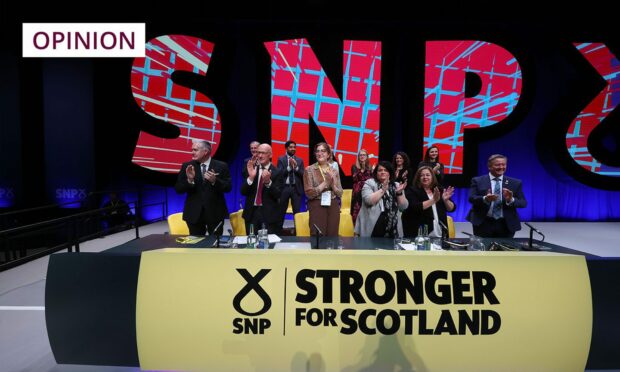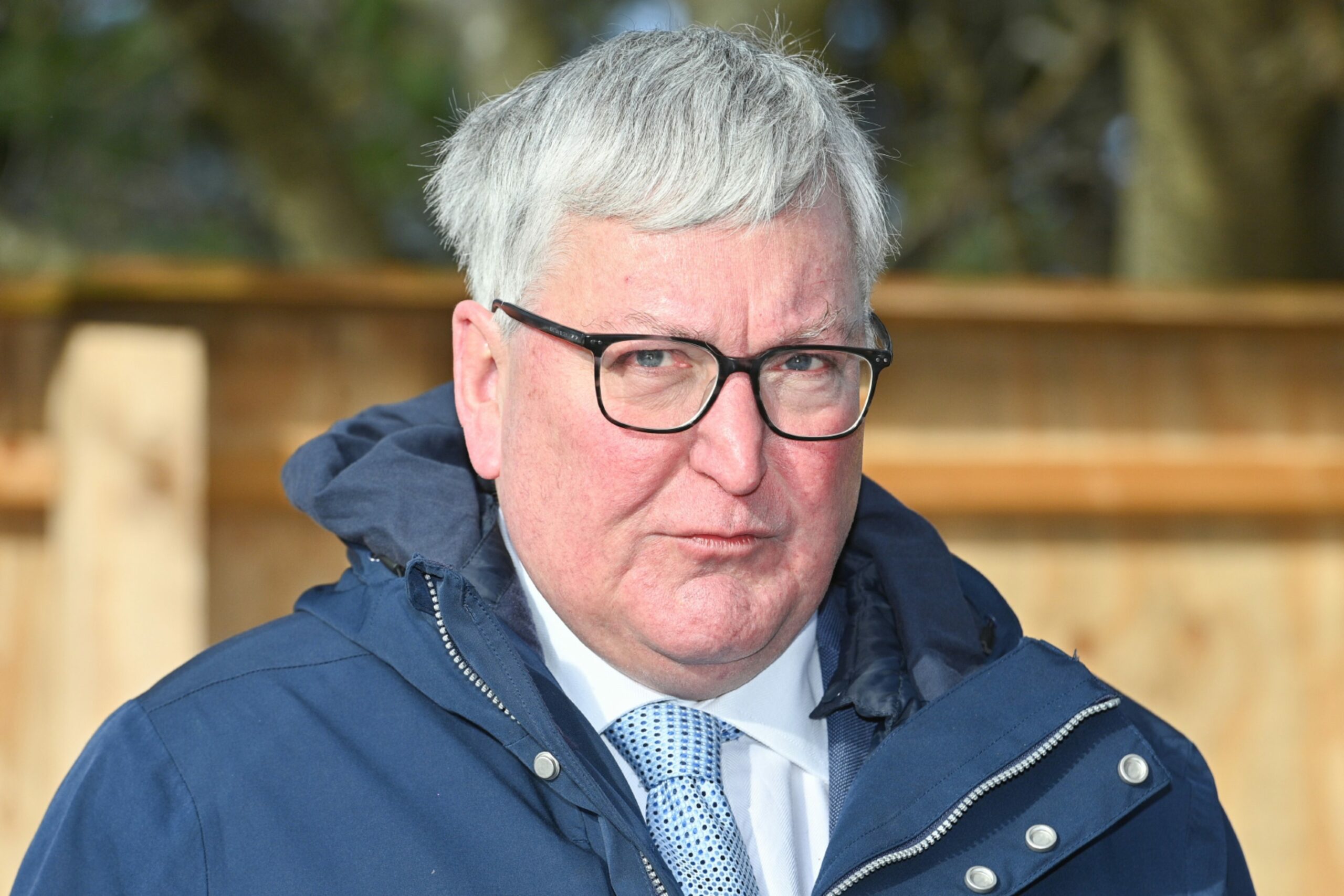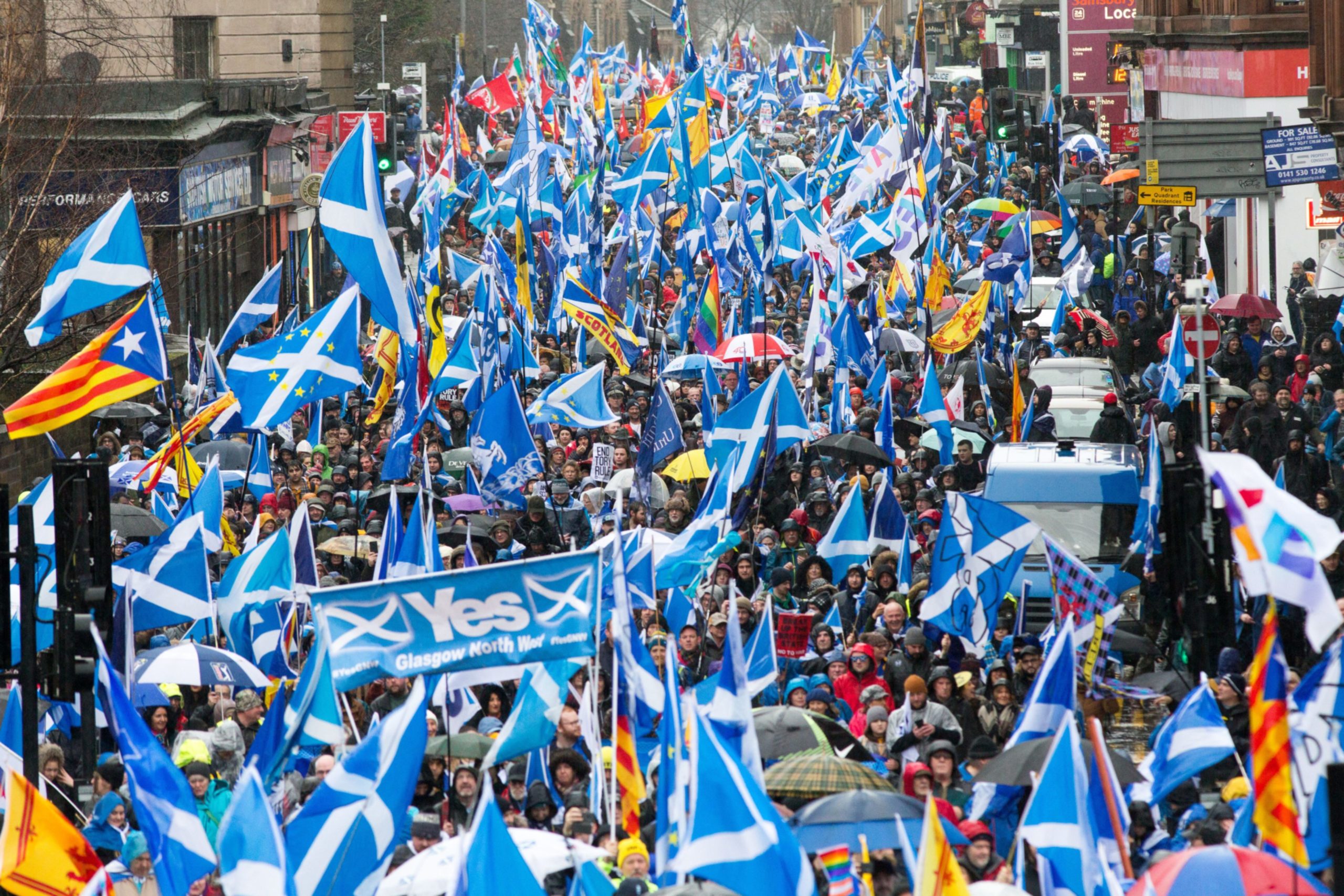In just a couple of weeks, the SNP faithful will gather in Aberdeen for their annual conference. And it isn’t a gathering to which the leadership will be looking forward.
Leaving aside the dominant issue which will be concentrating the minds of most delegates – how on earth to find a viable and legal route to another vote on independence – the party does not arrive in the city in particularly good heart.
Next week, the SNP faces a by-election, which all pundits expect it to lose. The vote, in Rutherglen and Hamilton West, was caused by the first ever “recall” petition in Scotland, after sitting MP Margaret Ferrier broke Covid rules during lockdown. Both Labour and the SNP campaigned for people to sign the petition, a move which many saw as the SNP acting like turkeys voting for Christmas.
Then there’s the Fergus Ewing affair. The party moved to suspend him after he voted in favour of a confidence motion on Green minister Lorna Slater. This was over her handling of the deposit return scheme, which Mr Ewing said was likely to cause job losses and the possible closure of businesses in his constituency. Indeed, party rules state that a major constituency concern allows members a “conscience” vote on such an issue. This surely gave him a right to vote, as he saw it, with his conscience? The party disagreed.
Potential candidates for the Westminster general election, expected around this time next year, are already jockeying for position. Senior MPs such as Ian Blackford, Stewart Hosie and Douglas Chapman, as well as potentially up-and-coming politicians like Mhairi Black, have announced that they plan to stand down next year, leaving openings for new faces. But there are also battles looming in places such as Glasgow, where the number of MPs has been reduced, and sitting MPs may have to fight it out among themselves.
In addition, there are seats where the incumbent may face a challenge, as has already happened in East Kilbride, Strathaven and Lesmahagow. There, sitting MP Dr Lisa Cameron has threatened legal action over the selection process. She has also threatened to force a by-election if she is not reselected as the party’s candidate. This challenge to an incumbent MP may not be the last one. And, at Holyrood, the government has an ongoing problem of a sizeable group of unhappy MSPs on its backbenches.
Added to that litany of problems is the fact that Operation Branchform is still rumbling on in the background. The police operation into allegations of possible fraud in the party has been going for two years now and, despite several arrests and hundreds of statements taken, no one has yet been charged.
Of course, just about everyone expects that charges will eventually be laid, so the investigation acts like a sword of Damocles, poised permanently over the party’s head. The worst-case scenario for the SNP is that someone is charged within the next couple of weeks.
Independence support is high, SNP support is dwindling
There is little that First Minister Humza Yousaf can do, or could have done, with most of these problems, though the Fergus Ewing affair could probably have been handled more sympathetically. On that particular issue, the FM was probably caught between sympathy and a need to prove that he really is in charge of party discipline. Other than that, though, he has been a victim of circumstance.
Some have claimed that in losing the leadership contest narrowly, Kate Forbes may have dodged a bullet. However, she would not have been bound by the “continuity” programme on which Mr Yousaf ran his campaign. This meant he maintained the coalition with the Greens, and continued many of the Green-backed policies of his predecessor, such as gender recognition reform, the deposit return scheme, and the introduction of highly protected marine areas, which have resulted in a slump in his party’s polling ratings.
Of course, despite the SNP stubbornly backing all of these policies, none of them have been implemented. Nor are they ever likely to be.
Remarkably, in the midst of all of this turmoil, support for independence remains buoyant, with the most recent poll putting it at 52%. Yet the SNP’s support is down, and there seems no sudden movement for Alba or any of the other small independence supporting parties.
It would appear, then, that there is still hope for the SNP, once it emerges from the current problems it is facing. Or perhaps there’s an opportunity for Labour, if it would only ditch its long-held opposition to independence.
That though is for the future. In the short term, SNP members will simply have to grit their teeth and try to get through what promises to be a difficult few weeks and a particularly fraught Aberdeen conference.
Campbell Gunn is a retired political editor who served as special adviser to two first ministers of Scotland, and a Munro compleatist


